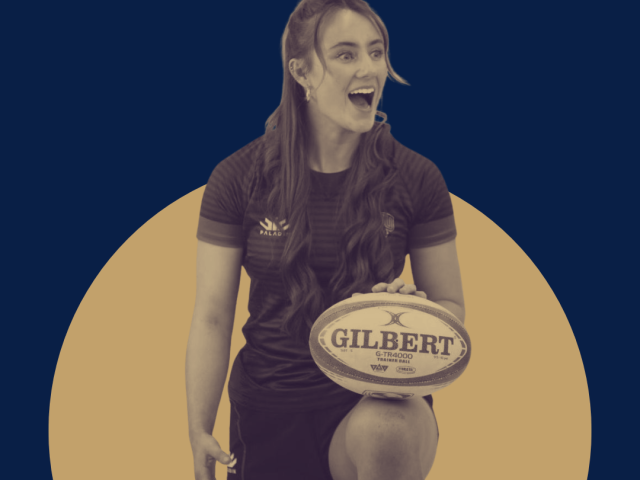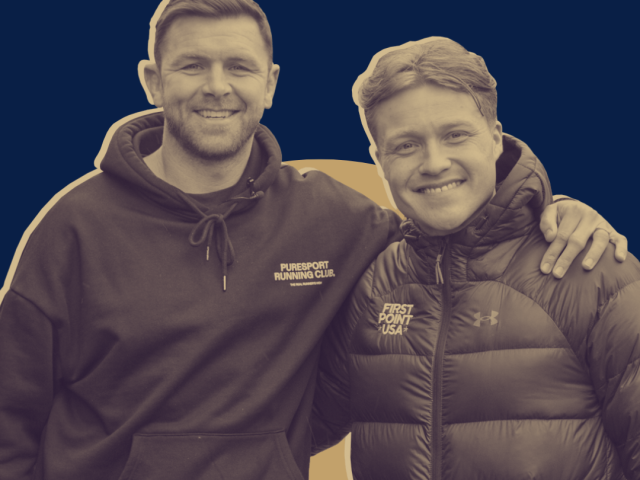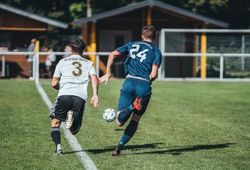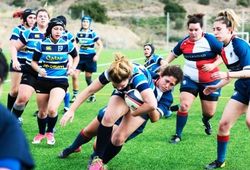Sleep helps athletes perform at their best.
Did you ever hear about sleeping with a textbook under your pillow and you will magically wake up filled with knowledge? Well, it doesnít necessarily work like that, but your memory improves while you are sleeping. While you sleep, your mind doesnít stop. Your brain takes the memories it remembers and reorganizes and reconstructs them. You can strengthen your memory ability by going through a process of practicing your skills while you are sleeping. This process is known as consolidation. Along with increasing your creativity, sleep increases your physical performance. It is crucial for athletes to achieve an adequate nightís sleep before their game days. Increasing your sleep can improve athletesí sprint time and stamina, as well as decreasing their level of fatigue.How much sleep is right for athletes?
Donít go and sleep your days away though. Getting too much or too little sleep has been shown to shorten your lifespan. It itís recommended to achieve 7-8 hours of sleep every night to have your body function at its peak ability. Sleep has a direct correlation with your quality of life. Also, sleep can help your body fight off inflammation. If you get less than 6 hours of sleep, you typically have high blood pressure and more inflammation throughout your body. You have more inflammation because your body has more protein blood levels.What happens if athletes donít get enough sleep?
It seems like the younger or older you are, the more you have a desire to sleep. Itís not a myth: children from the ages 10-16 who experience snoring or sleep apnea have increased issues with paying attention in school. Also, college students experience worse GPAs when they donít receive adequate amounts of sleep. Most of the time, students have to sacrifice their precious hours of sleep to finish their projects or study for finals weeks. In doing this, the students are actually harming themselves because they arenít going to learn anything more after their bodies have reached a certain point. Having sleep sharpens your attention. Students not receiving enough sleep are more likely to develop ADHD because children donít get sleepy when they are overly tired, they become hyperactive. So next time someone is giving you a hard time about getting your beauty sleep, just remember all the amazing benefits it has for your health.If you'd like to go to the USA on a sports scholarship, then apply to FirstPointUSA today!




